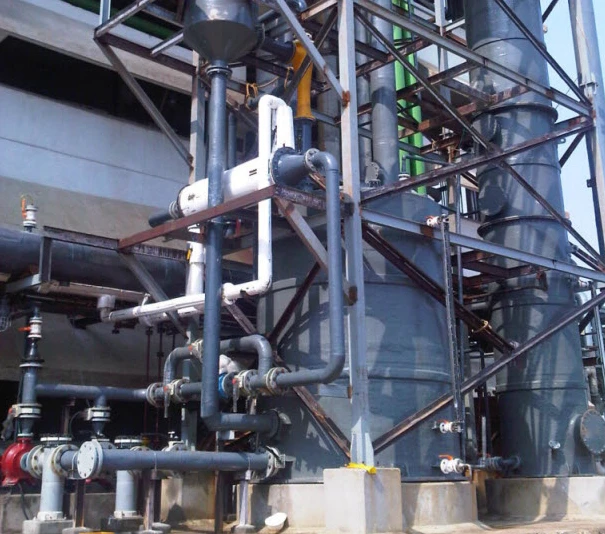Korean
- Afrikaans
- Albanian
- Amharic
- Arabic
- Armenian
- Azerbaijani
- Basque
- Belarusian
- Bengali
- Bosnian
- Bulgarian
- Catalan
- Cebuano
- Corsican
- Croatian
- Czech
- Danish
- Dutch
- English
- Esperanto
- Estonian
- Finnish
- French
- Frisian
- Galician
- Georgian
- German
- Greek
- Gujarati
- Haitian Creole
- hausa
- hawaiian
- Hebrew
- Hindi
- Miao
- Hungarian
- Icelandic
- igbo
- Indonesian
- irish
- Italian
- Japanese
- Javanese
- Kannada
- kazakh
- Khmer
- Rwandese
- Korean
- Kurdish
- Kyrgyz
- Lao
- Latin
- Latvian
- Lithuanian
- Luxembourgish
- Macedonian
- Malgashi
- Malay
- Malayalam
- Maltese
- Maori
- Marathi
- Mongolian
- Myanmar
- Nepali
- Norwegian
- Norwegian
- Occitan
- Pashto
- Persian
- Polish
- Portuguese
- Punjabi
- Romanian
- Russian
- Samoan
- Scottish Gaelic
- Serbian
- Sesotho
- Shona
- Sindhi
- Sinhala
- Slovak
- Slovenian
- Somali
- Spanish
- Sundanese
- Swahili
- Swedish
- Tagalog
- Tajik
- Tamil
- Tatar
- Telugu
- Thai
- Turkish
- Turkmen
- Ukrainian
- Urdu
- Uighur
- Uzbek
- Vietnamese
- Welsh
- Bantu
- Yiddish
- Yoruba
- Zulu
Telephone: +86 13120555503
Email: frank@cypump.com
12월 . 31, 2024 11:10 Back to list
Residential Wastewater Pumping Solutions for Efficient Drainage and Plumbing Needs
Understanding Residential Sewer Pumps A Comprehensive Guide
When it comes to maintaining a healthy and functional home, one of the often-overlooked systems is the sewer pump. While most homeowners are familiar with their water supply and drainage systems, the sewer pump plays a crucial role in managing wastewater, especially in residences that are located below the primary sewer line. This article explores the function, importance, and various types of residential sewer pumps, aiming to provide homeowners with essential knowledge about this vital equipment.
What is a Residential Sewer Pump?
A residential sewer pump is a mechanical device designed to transport wastewater from a lower elevation (like a basement or lower-level bathroom) up to the main sewer line, which is typically situated at a higher elevation. Without a sewer pump, plumbing fixtures located below the main sewer line would be unable to effectively drain their waste. Sewer pumps are particularly important in homes with gravity-fed drainage systems that cannot move waste uphill by sheer force.
Why Are Sewer Pumps Important?
1. Prevents Backflow Sewer pumps are essential for preventing sewage from backing up into the home. A failure in this system can lead to costly damage and health hazards.
2. Ensures Efficient Waste Transport By pumping wastewater to the sewer line, these devices ensure that homes can effectively manage waste, maintaining sanitary conditions.
3. Supports Lower-Level Installations Many modern homes feature finished basements or lower-level bathrooms. A sewer pump makes these facilities possible, providing homeowners with versatile living spaces.
4. Protection Against Flooding In areas prone to heavy rain or flooding, sewer pumps can help mitigate water ingress, further protecting the home’s foundation and interior.
Types of Residential Sewer Pumps
There are several types of sewer pumps, each suited for different circumstances and applications
1. Standard Sewage Pumps These pumps are designed for general wastewater removal. They are equipped to handle solids up to 2 inches in diameter, making them suitable for most residential applications.
residential sewer pump

2. Effluent Pumps These pumps are utilized for transporting wastewater containing smaller solids (up to ½ inch). They are typically used in leach field applications or where the wastewater is only slightly contaminated.
3. Grinder Pumps Designed to handle sewage that contains larger solids, grinder pumps use a chopping mechanism to grind waste into smaller pieces to facilitate easier pumping to the sewer line.
4. Sump Pumps Although primarily used for groundwater removal, sump pumps can serve as a backup for sewer systems. They are installed in basements to remove accumulated water and can help prevent flooding when severe weather occurs.
Maintenance Tips for Sewer Pumps
To ensure optimal functionality, regular maintenance of sewer pumps is essential. Here are some tips to follow
1. Regular Inspections Check the pump system periodically for any signs of wear or damage. Look for unusual noises, vibrations, or odors that may indicate a malfunction.
2. Clean the Area Keep the area around the pump clean and clear of debris. This prevents clogs and allows for proper ventilation.
3. Test the System Regularly test the pump by pouring water into the basin to ensure that it activates and works correctly.
4. Be Mindful of Waste Avoid flushing items like wipes, feminine hygiene products, or any non-biodegradable materials down the toilet, as these can clog the pump and piping.
Conclusion
Residential sewer pumps are invaluable components of modern plumbing systems. They ensure that wastewater is effectively transported away from the home, preventing damage, maintaining hygiene, and allowing for the function of lower-level bathrooms and laundry rooms. By understanding the different types of pumps and implementing regular maintenance practices, homeowners can safeguard their properties and enhance the functionality of their plumbing systems. Investing in a reliable sewer pump and staying informed about its operation can make a significant difference in a home’s health and efficiency.
-
ISG Series Vertical Pipeline Pump - Chi Yuan Pumps Co., LTD.|High Efficiency, Energy Saving, Low Noise
NewsJul.30,2025
-
ISG Series Vertical Pipeline Pump- Chi Yuan Pumps|High Efficiency&Low Noise
NewsJul.30,2025
-
ISG Series Vertical Pipeline Pump-Chi Yuan Pumps Co., LTD.|High Efficiency&Energy Conservation
NewsJul.30,2025
-
ISG Series Vertical Pipeline Pump - Chi Yuan Pumps Co., LTD.|Advanced Hydraulic Design&Energy-Efficient Solutions
NewsJul.30,2025
-
ISG Series Vertical Pipeline Pump - Chi Yuan Pumps Co., LTD.
NewsJul.30,2025
-
ISG Series Vertical Pipeline Pump - Chi Yuan Pumps Co., LTD.|energy-efficient fluid handling&industrial durability
NewsJul.30,2025










